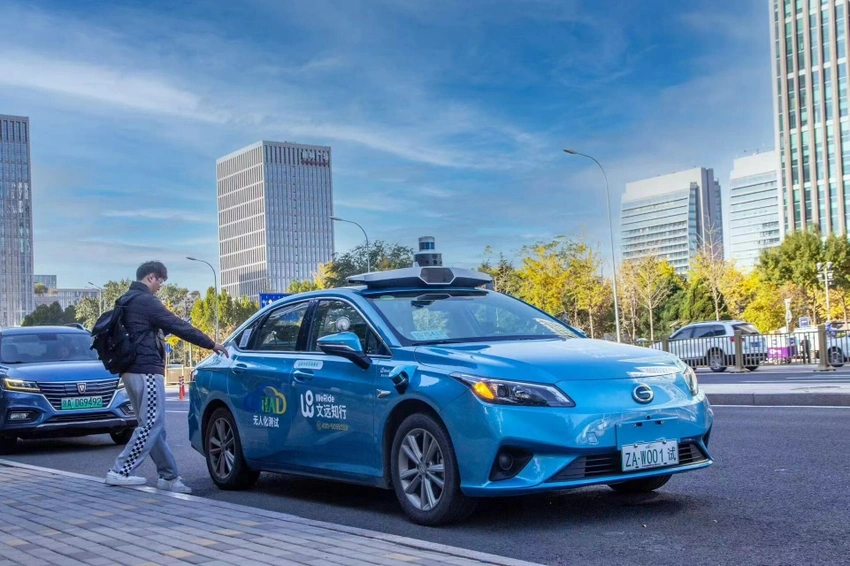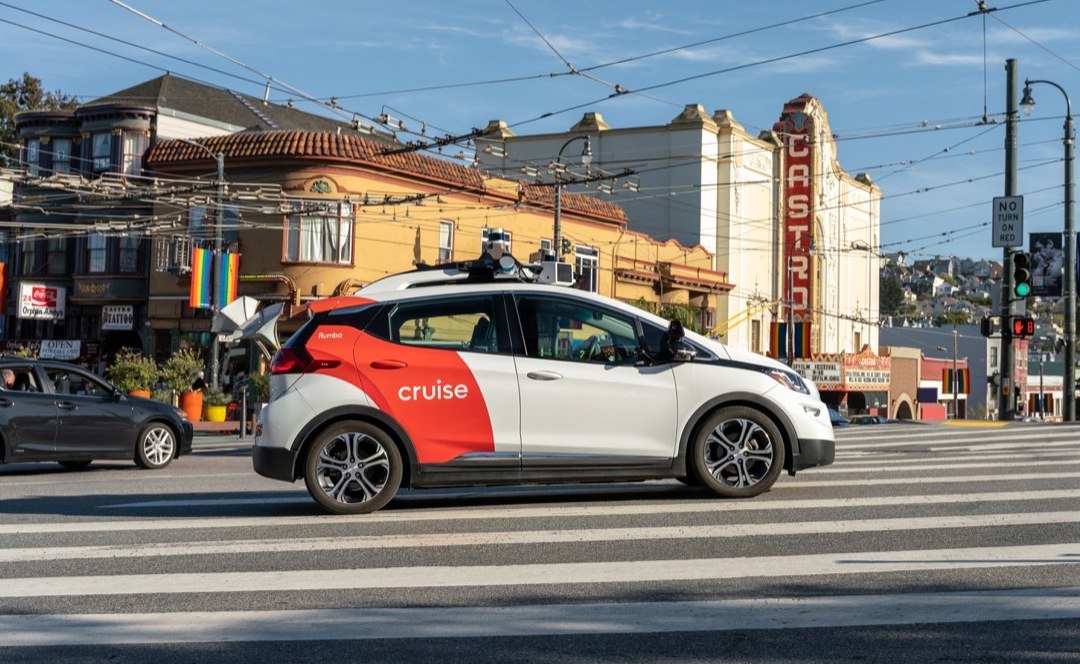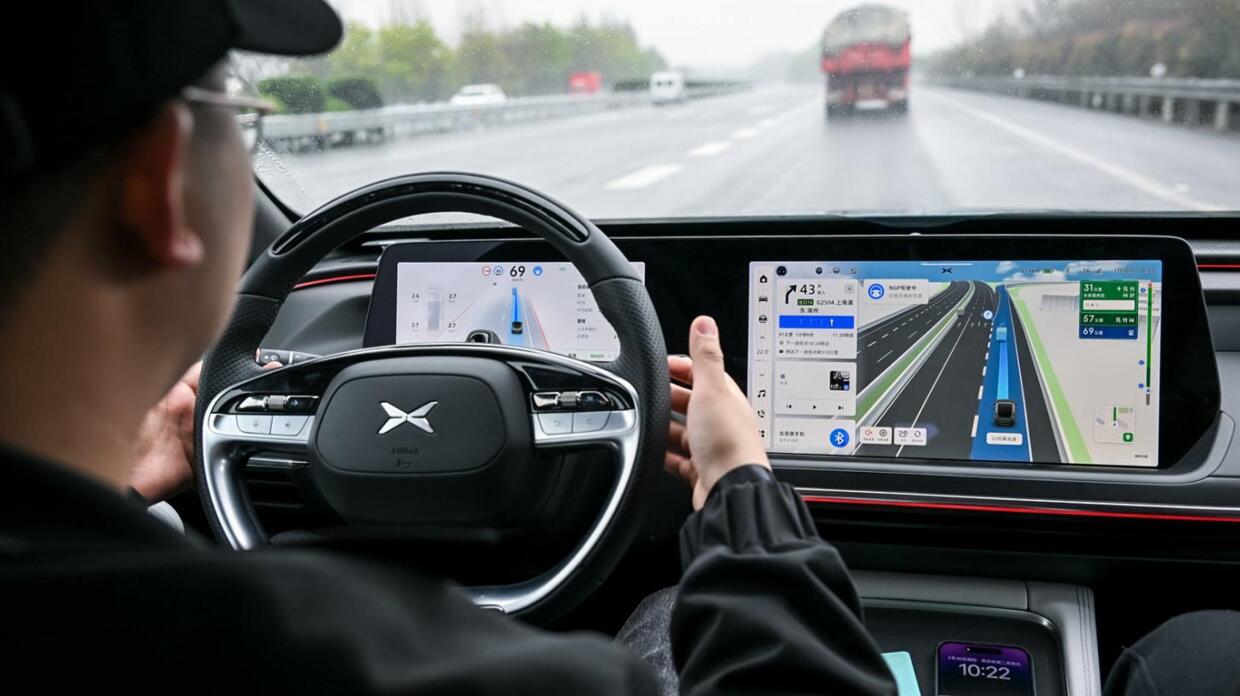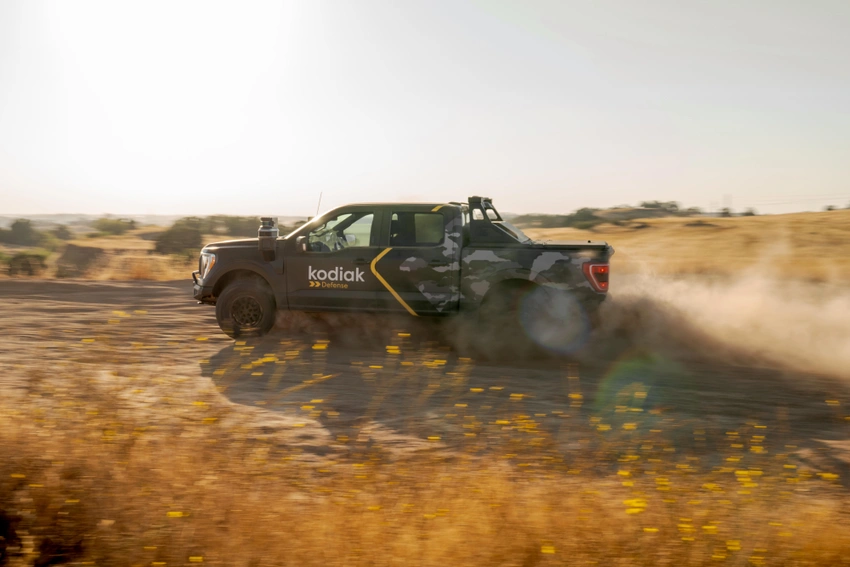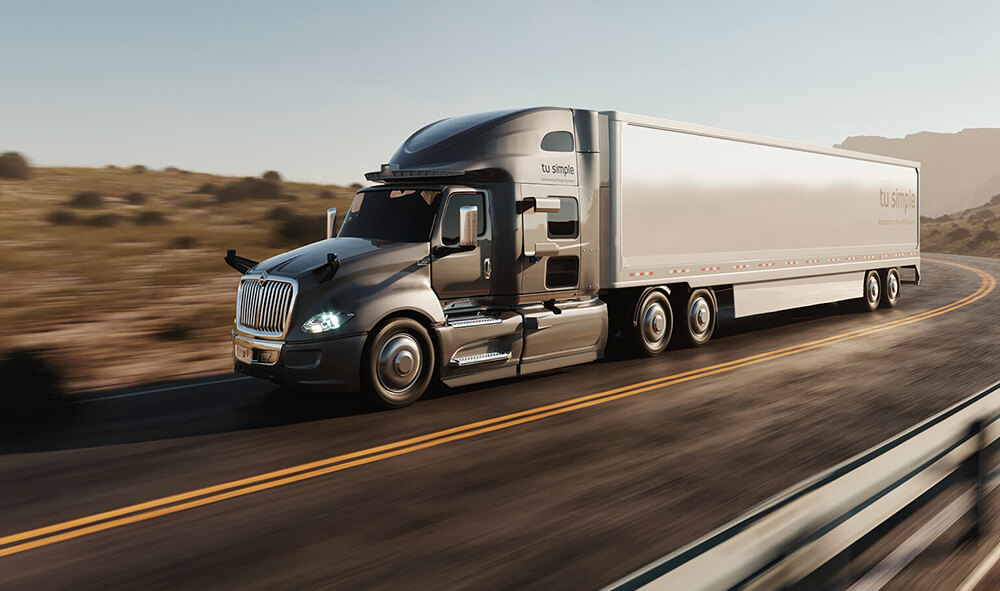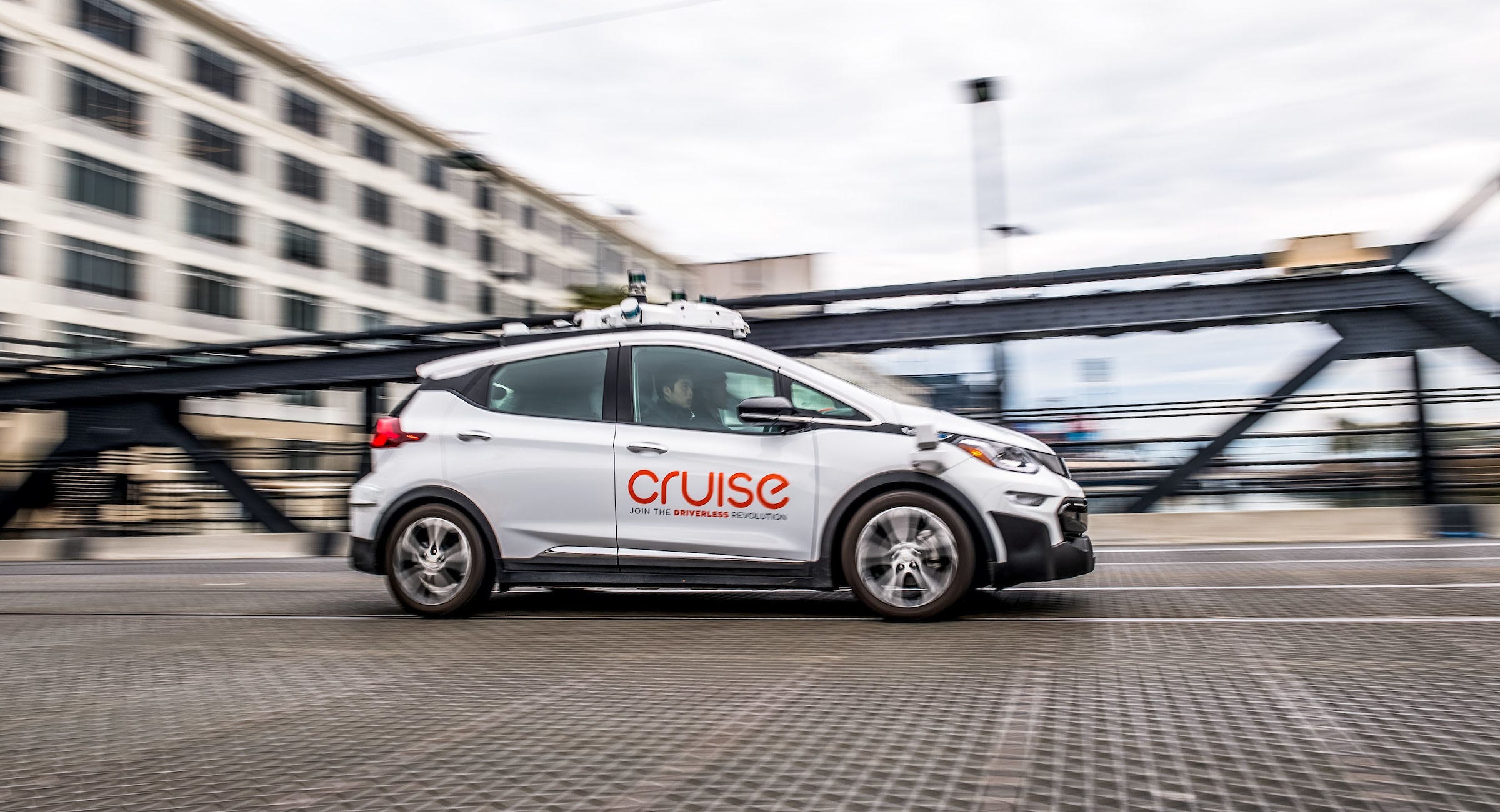Chinese self-driving company WeRide has received regulatory approval to commence commercial operations of its driverless taxi service in Beijing. Headquartered in Guangzhou, WeRide confirmed its ability to charge for autonomous rides in Yizhuang, an established pilot zone for automated transport within the Chinese capital.
This recent permit marks the culmination of a process that commenced over a year ago. WeRide initially gained approval for driverless road tests in the Beijing Intelligent Connected Vehicle Policy Pilot Zone in October 2022. These tests allowed locals to hail fully autonomous taxis via the WeRide app, serving designated locations across an 87-square-mile area, including subway stations, business districts, and office parks.
Subsequent advancements included high-speed tests to and from Beijing Daxing International Airport, where WeRide operated autonomous shuttles on a 10.5-mile round trip to the China International Exhibition Center. This service, utilized for VIP transportation to the World Intelligent Connected Vehicles Conference, contributed to the latest milestone—permission to commercialize the driverless taxi service in Yizhuang.
Customers can use the WeRide app to hail rides, with the taxi arriving at specified pick-up points. Passenger identity verification is facilitated through scanning a QR code for entry to the vehicle. Each ride can accommodate up to three passengers, and users can choose from 242 designated destinations.
Initially operating between 9 a.m. and 5 p.m., the driverless taxis will be monitored remotely to ensure safety, despite the absence of a human driver. WeRide’s success in Beijing includes prior approval to operate a Level 4 autonomous bus earlier this year. The company, claiming to be China’s longest-established self-driving taxi service, launched its first vehicle in November 2018 and initiated commercial operations in Guangzhou the following year, amassing over 1,400 accident-free days.
Beijing is emerging as a significant hub for self-driving taxis, with WeRide joining Baidu and Pony.ai, which received approval for unmanned services earlier this year. This contrasts with the uncertainties surrounding the robotaxi rollout in the United States, notably with Cruise facing challenges that have created an air of uncertainty in the industry.

